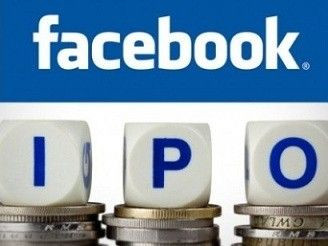Facebook Shares Gain From Record Lows

Shares of Facebook (Nasdaq: FB), the No. 1 social networking site, rose about 3.6 percent from their record low Tuesday close after a new analyst recommendation and Nasdaq's announced plan to compensate retail investors.
Facebook shares rose 94 cents to $26.91 from Tuesday's record low close of $25.87. On Wednesday, they set a new low of $25.52 before bouncing back.
Analyst Mark Harding at JMP Securities, still another Wall Street firm not involved in the $16 billion May 17 initial public offering, began coverage with an outperform rating and a price target of $37.
Nasdaq OMX Group (Nasdaq: NDAQ), which owns the Nasdaq exchange where investors who tried to buy shares of the Menlo Park, Calif.-based website when trading began on May 18 but couldn't for a 30-minute period, offered a $40 million compensation plan. Pending regulatory approval, $13.7 million would be paid to member firms with the rest credited to reduce trading costs over the next six months.
Nasdaq's computerized systems froze for about 30 minutes before trading could resume, during which there was great uncertainty about retail orders that were being executed for the first time. Nasdaq said it has hired International Business Machines Corp. (NYSE: IBM) to look at its computer systems.
Several trading firms like Knight Capital and Citadel as well as UBS (NYSE: UBS), a Facebook underwriter,have already announced major losses because of the trading freeze.
Rival NYSE Euronext (NYSE: NYX), though, blasted the settlement as being far below the $100 million that had been mentioned. It also said investors were being asked to subsidize Nasdaq for its trading mistakes and establish a harmful predecent.
Facebook shares were priced at $38 and first traded at $42.05. Since May 18, they've lost as much as 32.8 percent of their value, and the market capitalization of the company has lost a staggering $46.7 billion.
© Copyright IBTimes 2024. All rights reserved.





















